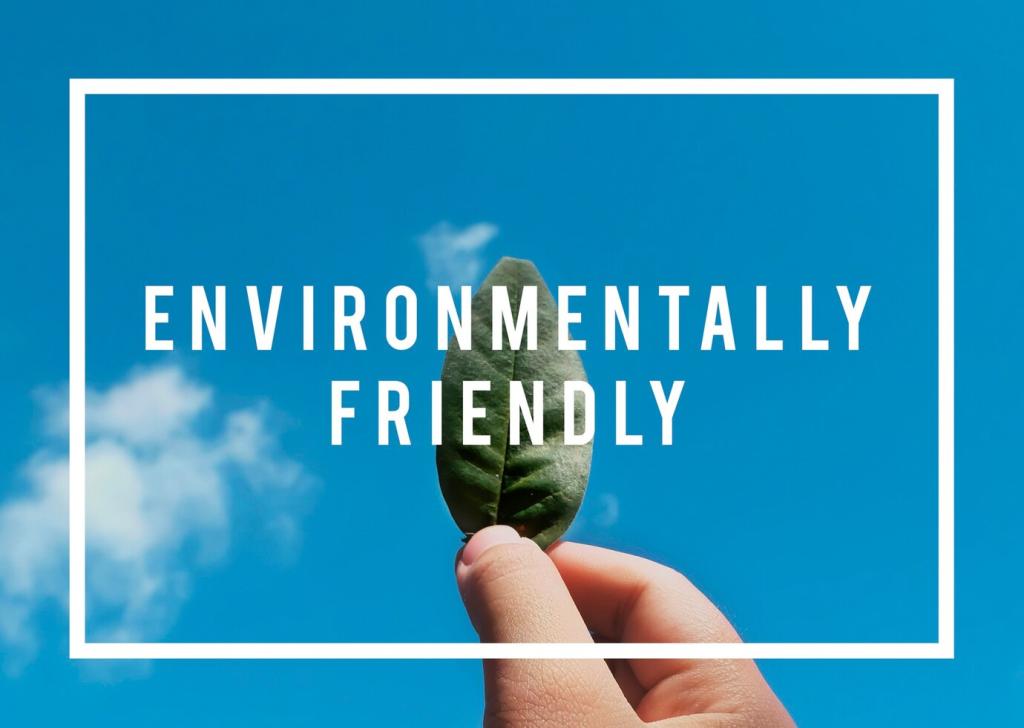Trust Signals, Schema, and E‑E‑A‑T
List credentials, field experience, and affiliations for each author and editor. Add update dates and edit notes on major revisions. Encourage readers to request topics aligned with your team’s strengths.
Trust Signals, Schema, and E‑E‑A‑T
Use Article, HowTo, FAQPage, and Organization schema, including environmentalPolicy and contact options. This clarity can earn SERP enhancements that boost eco resources. Subscribe for our schema snippets library.
Trust Signals, Schema, and E‑E‑A‑T
Cross‑verify statistics, link to primary sources, and avoid claims you can’t document. Provide a compact references section. Ask readers to flag outdated numbers so you can correct and strengthen trust quickly.







